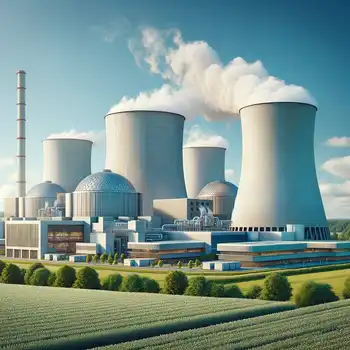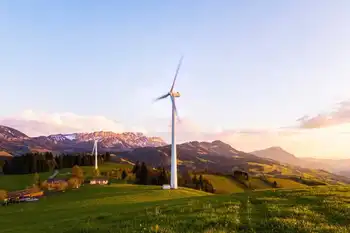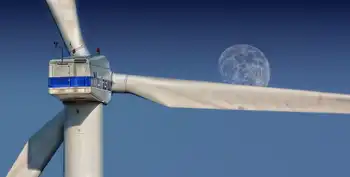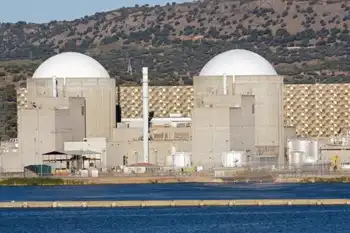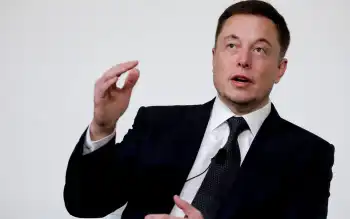Midwest governors see clean energy cooperation need
By Associated Press
Protective Relay Training - Basic
Our customized live online or in‑person group training can be delivered to your staff at your location.

- Live Online
- 12 hours Instructor-led
- Group Training Available
Michigan Gov. Jennifer Granholm and Wisconsin Gov. Jim Doyle said that recent agreements by members of the 11-state Midwestern Governors Association aim to help make the region a center for clean energy.
"You have a lot of these little battles... that go back and forth," Doyle said. "But I think one of the things we've worked hard on as Midwest governors is to understand that our bigger picture is that we're competing as a region."
The association's two-day Jobs and Energy Forum in Detroit was focused on efforts to leverage the Midwest's natural resources, manufacturing expertise and skilled work force for an economy based on clean energy, such as wind, solar and other renewable resources.
Agreements include the Midwestern Energy Infrastructure Accord, which focuses on coordinating the development of improved electricity transmission across the region, a pipeline for biofuel, and technology capturing the emission of carbon dioxide from burning coal for underground storage.
A jobs platform lays the groundwork for training workers to handle jobs a clean-energy economy would create. But the cooperation only goes so far, especially among industrial Great Lakes states that have massive amounts of manufacturing capacity in the wake of decades of plant closings.
"It would be great not to have to continually fight state against state for tax incentives, but the reality is every state is trying to get as many jobs as they can," Granholm said.
At the forum, Granholm highlighted a plan to convert a shuttered Ford Motor Co. plant outside Detroit into a facility producing storage batteries and solar panels. The project relies on state tax incentives to a pair of companies, including $125 million in credits, and federal loans.
William Becker, CEO of Tempe, Ariz.-based Incentives Advisors LLC, said most Midwestern states offer property tax and sales tax incentives for purchasers or users of renewable energy equipment. States including Wisconsin, Iowa and Michigan, for example, are among those courting manufacturers.
Becker — who helps companies sort through incentive programs to decide where to do business — said states are competing even for small companies with the hope that longer-term growth will materialize. With clean-energy jobs seen as the future, states do not want to be left out.
"The states that are successful in putting that early core together will be the winners," Becker said. "Everyone is really trying to align as much of their business community and incentives to attract that early investment."
The governors' association estimates that the Midwest has lost more than 1.2 million manufacturing jobs alone since 2000. But the clean-energy industry has been an area of economic growth in the region — and the fight to lure new business with incentives likely will remain heated.
Earlier this year, a study by the Pew Charitable Trusts found that the renewable energy industry has grown steadily over much of the past decade, adding jobs at more than twice the national rate.
"They grew because of state policies, they grew because of private investment... and they grew because of public demand," Phyllis Cuttino, director of the Pew Environment Group's U.S. Global Warming Campaign, said in a telephone interview.
The association also includes governors from Illinois, Indiana, Iowa, Kansas, Minnesota, Missouri, North Dakota, Ohio and South Dakota. Governors from those states didn't attend, but were represented by other officials. And Granholm said they have all signed on to the agreements at the forum.





